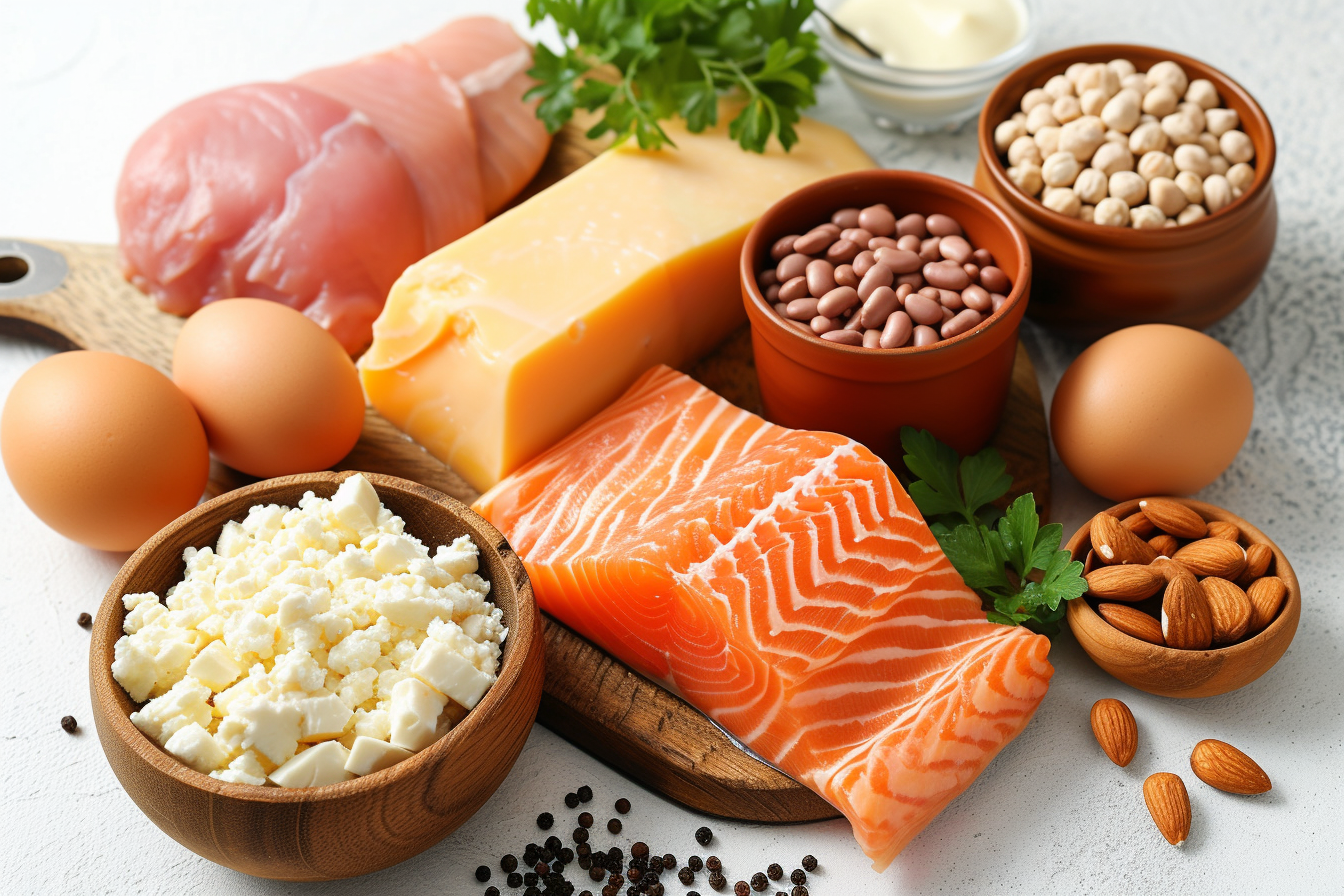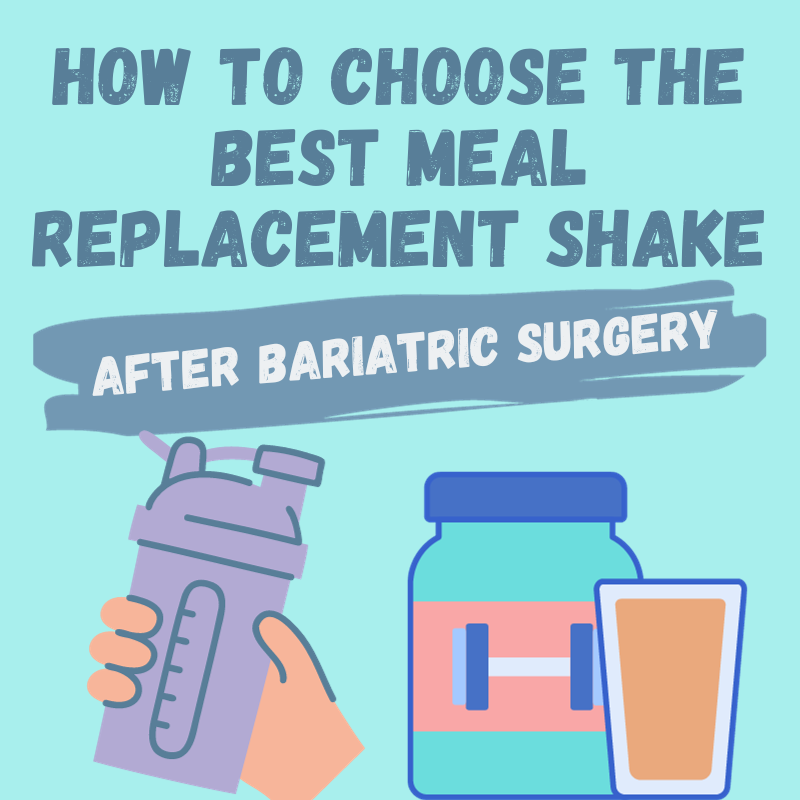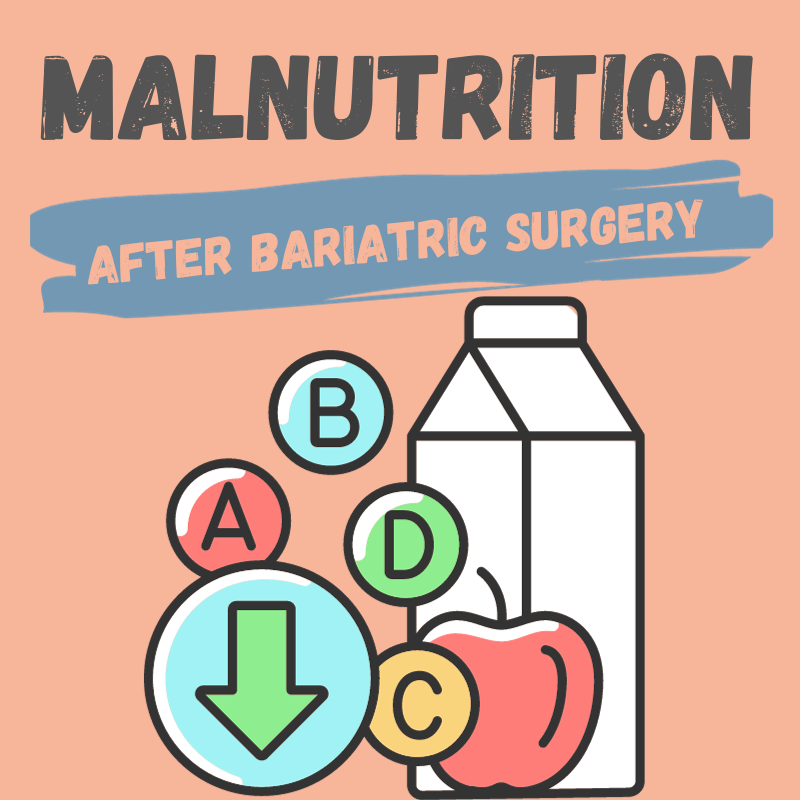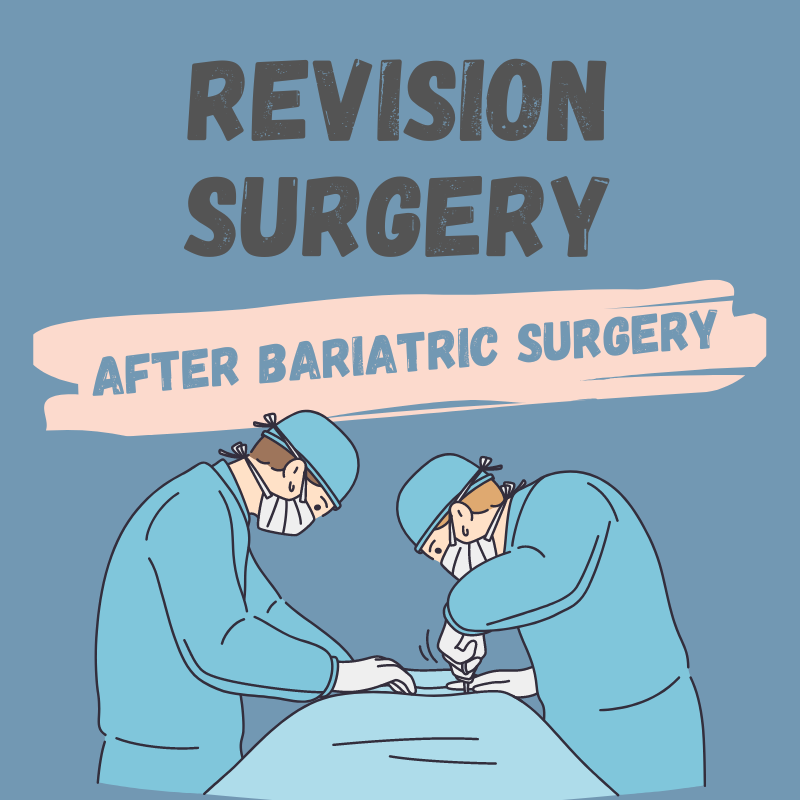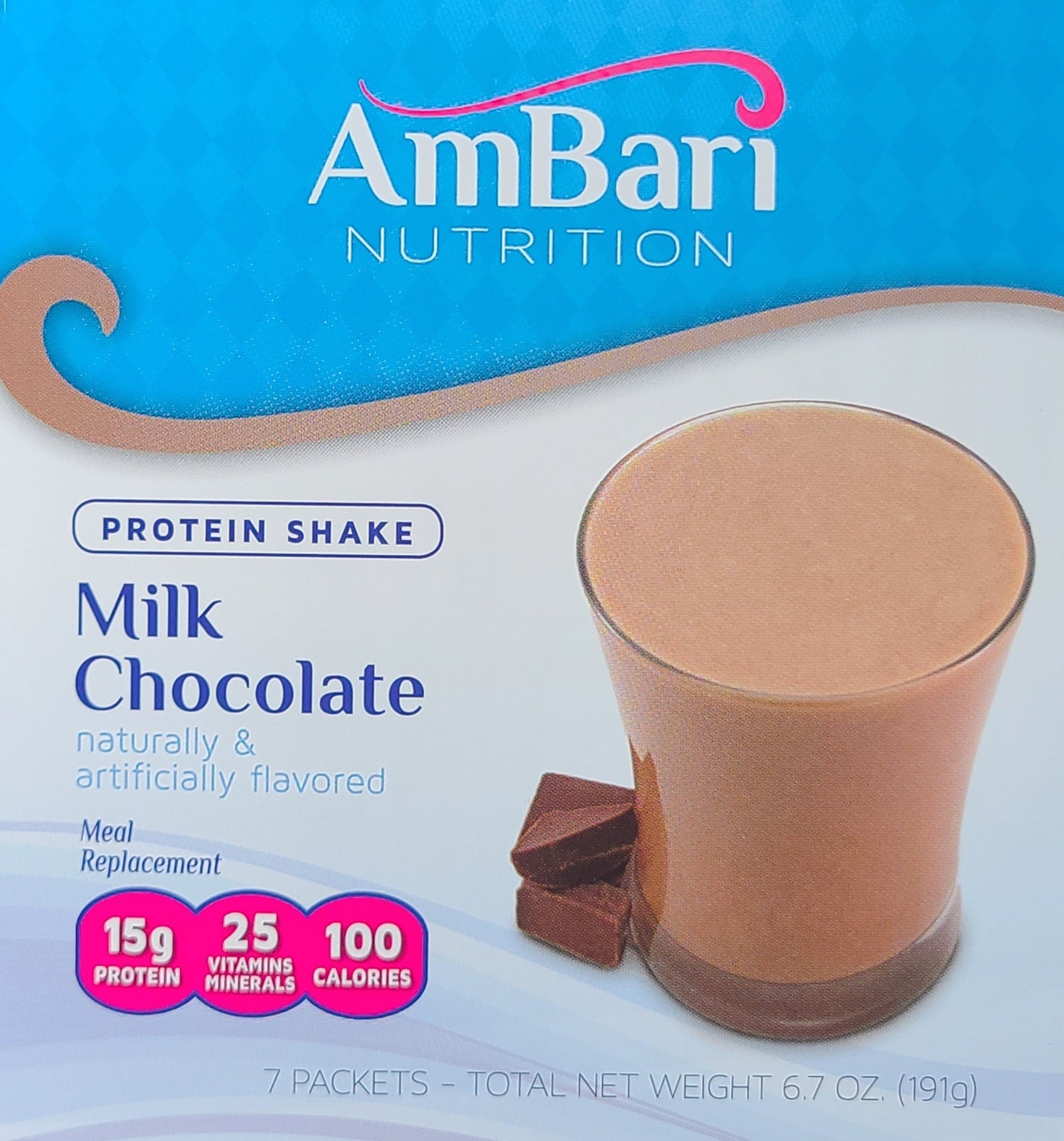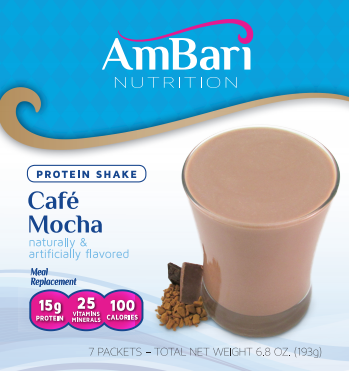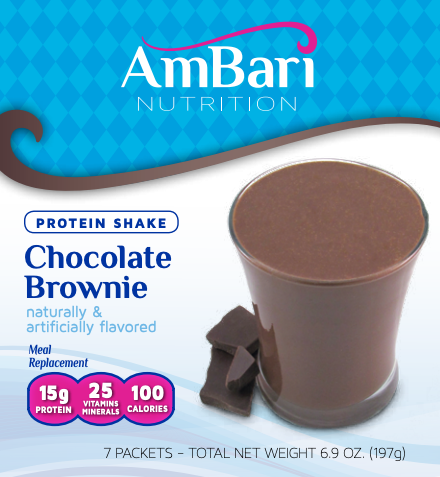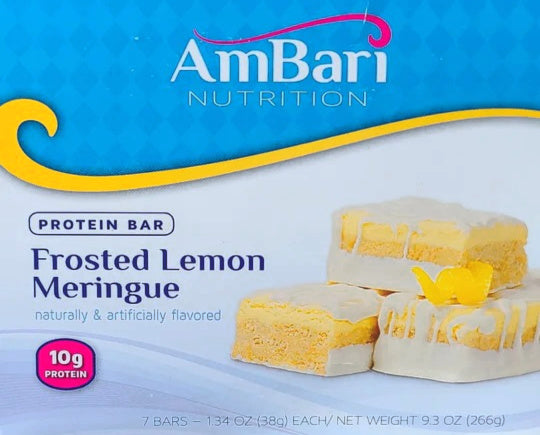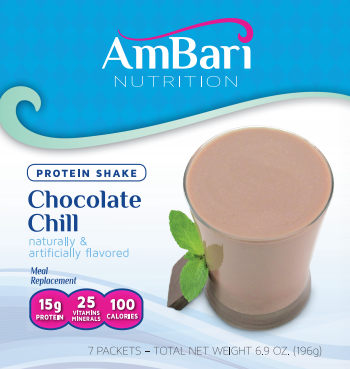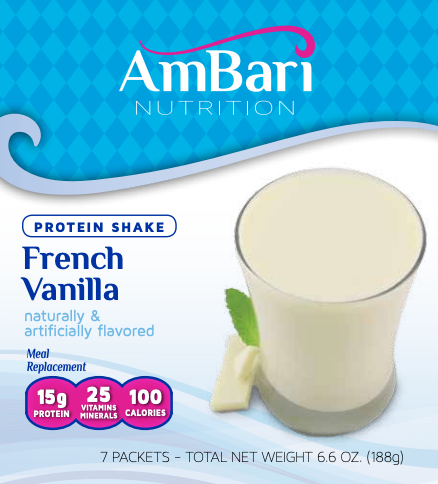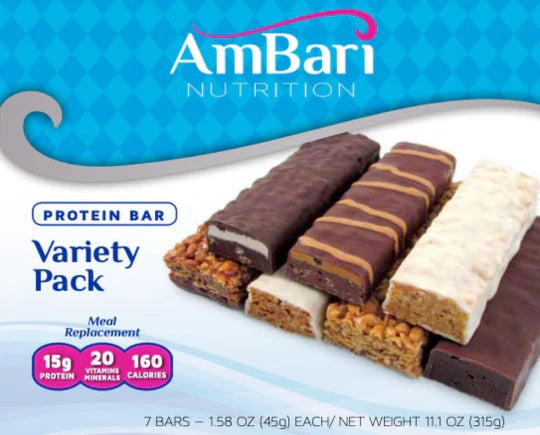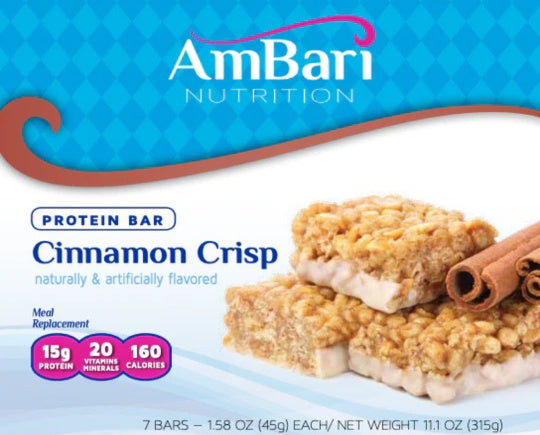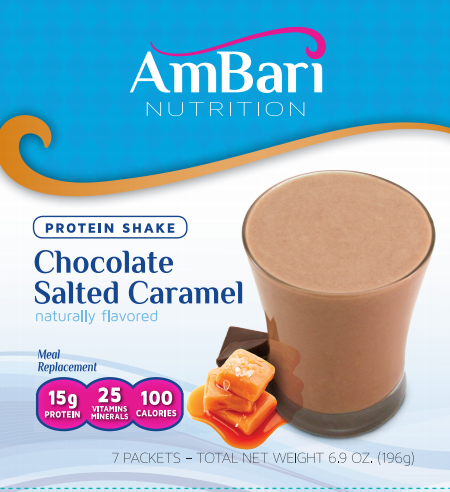Your cart is empty
Looks like you haven't added anything to your cart yet
DIY Sports Drink and Why Electrolytes are Important
 Sports drink popularity is due to their easily digestible carbohydrates for fuel and electrolytes for hydration during or after a workout. But are you aware of the vital importance of electrolytes after bariatric surgery? Just as we measure vitamins and minerals every year so, too, should we measure electrolytes and replenish deficiencies. I’ll explain more in a moment. It’s clear sports drinks are a big business with the average price around $9 per case. So because of the high price, and to avoid the artificial ingredients in store-bought sports drinks, I’ve been making my own an electrolyte drink for years. I follow the formulation my clinical nutritionist developed for me. But you can follow the sports drink recipe below. With this sports drink recipe, I save money. I eliminate chemicals in my food. And I have fun creating my own flavors. Most of all, I am meeting my unique healthcare needs created by my gastric bypass surgery.
Sports drink popularity is due to their easily digestible carbohydrates for fuel and electrolytes for hydration during or after a workout. But are you aware of the vital importance of electrolytes after bariatric surgery? Just as we measure vitamins and minerals every year so, too, should we measure electrolytes and replenish deficiencies. I’ll explain more in a moment. It’s clear sports drinks are a big business with the average price around $9 per case. So because of the high price, and to avoid the artificial ingredients in store-bought sports drinks, I’ve been making my own an electrolyte drink for years. I follow the formulation my clinical nutritionist developed for me. But you can follow the sports drink recipe below. With this sports drink recipe, I save money. I eliminate chemicals in my food. And I have fun creating my own flavors. Most of all, I am meeting my unique healthcare needs created by my gastric bypass surgery.
Understanding Electrolytes
Electrolytes are vital for the normal functioning of the body. Electrolytes are important to keeping us hydrated and and helping the body produce energy. They play a role in conducting nervous impulses and contracting muscles. And they’re necessary for regulating our body’s pH levels (aka acid balance), reports HealthLine.
Electrolytes found in the body include:
Electrolyte Imbalance
Causes for an electrolyte imbalance include inadequate diet and lack of vitamins from food, loss of bodily fluids from prolonged sweating, vomiting or diarrhea.
And, according a study in PubMed, electrolyte abnormalities including low calcium, potassium, magnesium, sodium, and phosphorus are a risk of bariatric surgery.
A serious electrolyte disorder called metabolic acidosis is another possible complication of bariatric surgery.
And low-grade metabolic acidosis — a slight decrease in blood pH — is associated with consuming a diet high in foods that cause acidity in the body, according to a PubMed study. Among these are high protein foods and supplements.
Therefore, we need to get an adequate amount of electrolytes from our diet to keep our body functioning as it should.
Please consult your bariatric nutritionist for more information.
How Much Electrolyte?
The amount of electrolytes we require on a daily basis varies and is based upon:
- age
- activity level
- water consumption
- climate
Consuming too much electrolytes can lead to an excess. This, too, is a harmful abnormality. The key is to balance the electrolytes in the body. And if your electrolytes are too high or too low then you need medical intervention right away.
DIY Sports Drink Recipe
This recipe from Healthline provides a 6 percent carbohydrate solution with 0.6 grams (g) of sodium per liter, which are both within general sports-nutrition rehydration guidelines. Beware of commercial sports drinks and recipes that do not fall within these guidelines.
Yield: 32 ounces (4 cups, or approximately 1 liter)
Serving size: 8 ounces (1 cup)
Ingredients:
- 1/4 tsp. salt (I use Himalayan Pink Sea Salt)
- 1/4 cup pomegranate juice
- 1/4 cup lemon OR lime juice
- 1 1/2 cups unsweetened coconut water
- 2 cups cold water
- Additional options: sweetener, powdered magnesium (I use Natural Calm) and/or calcium, depending on needs
Directions: Put all ingredients in a bowl and whisk. Pour into a container, chill, and serve!
Nutrition Facts:
Calories 50
Fat 0
Carbohydrate 10
Fiber 0
Sugar 10
Protein <1
Sodium 250 mg
Potassium 258 mg
Calcium 90 mg
Oral Rehydration Therapy
This treatment is used mainly for people experiencing an electrolyte shortage alongside dehydration, normally following severe diarrhea or vomiting.
The World Health Organization (WHO) has approved a solution to be used in oral rehydration therapy that contains:
- 2.6 grams (g) of sodium
- 1.5 g of potassium chloride
- 2.9 g of sodium citrate
These are dissolved in 1 liter of water and given orally.
What You Need to Know
Since both sports nutrition and bariatric nutrition are individualized, you may need to adjust the amounts given for optimal efficacy. Remember the body needs to have each electrolyte in balance — too low or too high levels are dangerous to health. Consult your bariatric nutritionist and be sure to test your electrolyte levels when you have your annual labs done for nutrient levels.
Living larger than ever,
My Bariatric Life
Bariatric Guides & Information
More Info
Customer Favorites
- Choosing a selection results in a full page refresh.

